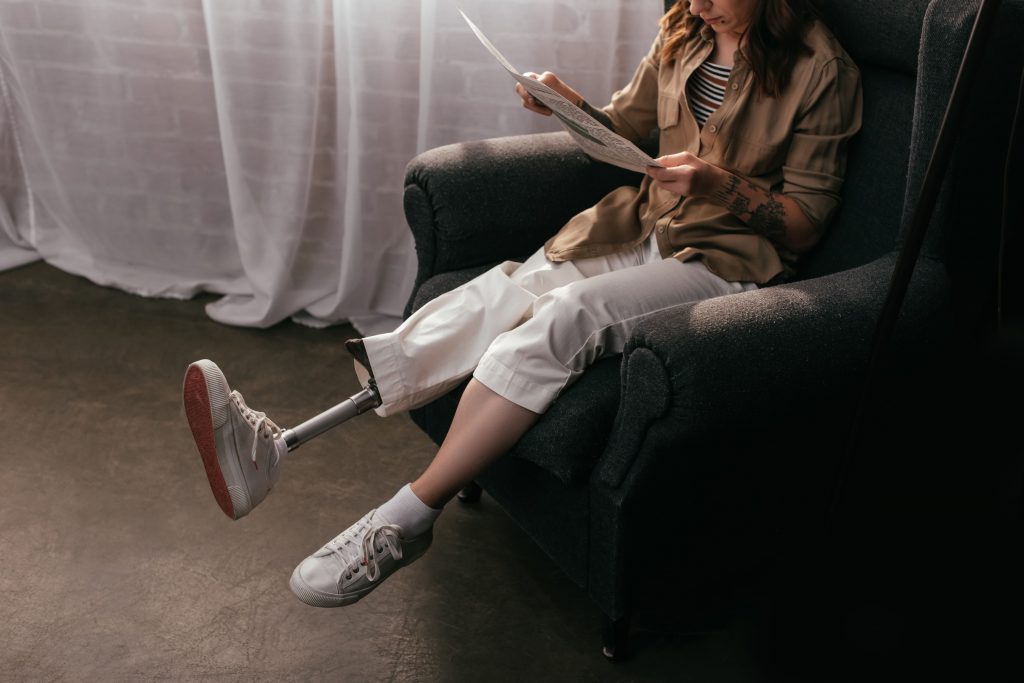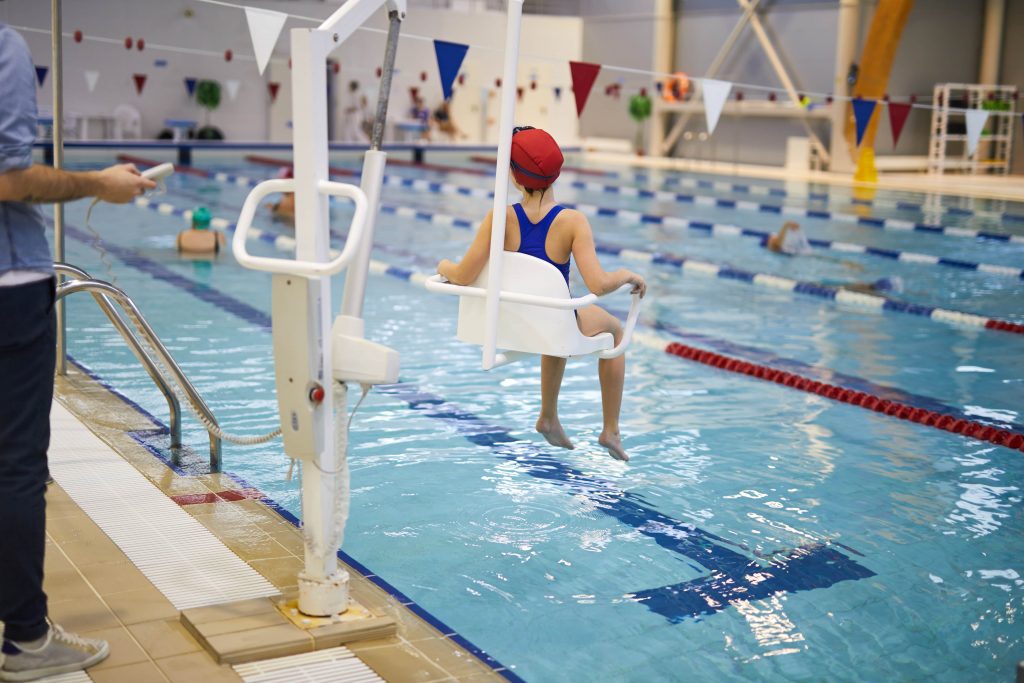Adapting to life with a disability after an accident
If you weren’t born with your disability, coming to terms with it can be a challenging process.
If you’ve been left disabled after an injury, illness or accident, you might feel a vast array of emotions. You might feel sad, angry, ashamed and embarrassed. You may feel guilty, you might be struggling with your sense of pride, and you might feel like you’re alone.
While you may not be able to see your life ever returning to how it was before, hopefully, in time you’ll feel strong, determined, and able to cope with your situation.
Here’s our guide to adapting to life with a disability after an accident:
– Rethink your definitions
One of the hardest things about acquired disability is how it affects your self-esteem. There’s a worry that ‘disabled’ means ‘flawed’, when in fact that simply isn’t true at all.
Split the word in two. ‘Dis’ means ‘not’, and ‘abled’ is self-explanatory. ‘Disabled’ doesn’t mean ‘less’, but ‘not able’. You aren’t the problem. You’re ‘not able’, primarily because the world isn’t set up with what you need.
Don’t shy away from saying ‘I have a disability’. The only people who see that phrase as a negative are those who make you ‘not able’, by not providing the right accommodations or treating you the way you deserve.

– Talk
They say that it’s ‘good to talk’, and this is certainly true. Speak to your friends, talk to your family, and be sure to share how you’re feeling. Don’t be afraid to ask for help and support.
Talking isn’t always easy. Consider writing a letter, or sending an email, if talking out loud is too hard.
You’re allowed to grieve for the life you had. You’re allowed to be sad, to cry and to feel like life is unfair. Accept and validate all your emotions, and never feel like you need to put on a brave face for everyone else.
– Contact charities
In the UK, Scope is considered to be one of the leading disability charities. You can find a lot of help and support online. You can also call or email their free disability helpline.
You can get advice on everything from how to travel, get legal support or even manage relationships and sex. If you have a specific concern, contacting a helpline is a fantastic way to get real and practical advice. If you can’t talk to loved ones, it’s also ideal for those that need a listening ear.
You might also like to get support from the Disabilities Trust, who can offer advice regarding acquired brain injury.
– Think about required adaptations
Adaptations can be a source of frustration with a new disability. When you’ve done things unassisted before, it can be very difficult to accept that you now need extra help.
If you need a wheelchair, remember that it isn’t your prison. Instead, it’s a positive addition that will give you independence and freedom. If you can’t see as well as you used to, a white cane or assistance dog might help you to continue to do the things that you’ve always enjoyed.
Different people need different adaptations, and what works for someone else might not be the right choice for you. Spend some time creating a list of your challenges and deciding what will help you overcome them.
Assistive technologies can be expensive, and this might be money that you just don’t have in the bank. There are many grants that you can apply for, to help you to buy the things you need. Whether you need a stairlift in your home, a ramp outside, or a computer to help you communicate, finding the right financial support is important.
Charity Together for Short Lives has published a comprehensive list of grants that you can apply for.
If you’re not having success with a grant, consider crowdfunding on a site like GoFundMe. Friends, family and strangers can contribute small amounts that build up for the things that you need.

– Start a new hobby
When you’ve acquired a disability, it can be easy to dwell on the things you can no longer do. Take some time to find a new hobby that will help you redesign or reclaim who you are. The ‘new you’ might enjoy a wheelchair version of a sport you used to play or could be a world-class gamer. You might discover that you love going to the cinema or could take up a hobby like baking.
Having something new to work towards can help you to feel better straight away. Maybe the ‘old you’ didn’t have this skill, talent or interest, but the incredible ‘new you’ does!
Remember to value yourself just as much as you already did. You still need to take care of your health, looking after your brain and your body.
You’ve got what it takes to embrace your disability. Find the right support and take time to come to terms with the changes.

